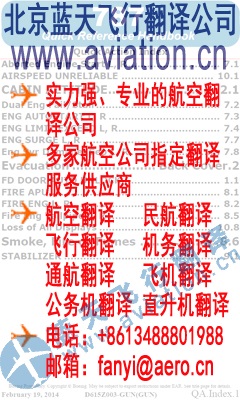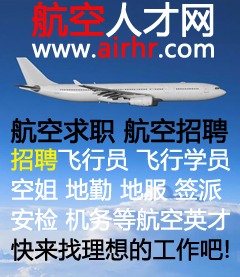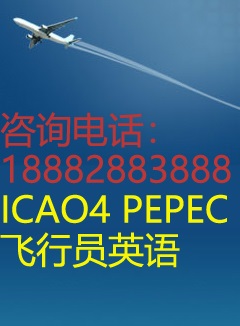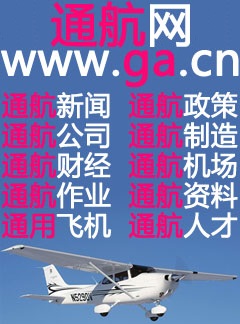|
To view this page ensure that Adobe Flash Player version 9.0.124 or greater is installed. While the twelve-five and private charter security regulations specifically apply to charter operations, the TSA requires GA operators authorized to enplane or deplane into the sterile area of commercial passenger airports to conduct TSA-approved physical screening of passengers, flight crew members, and their carry on 86 See Title 49, Code of Federal Regulations, §1544.101(e). 87 See Title 49, Code of Federal Regulations, §1544.101(b) and (f). items.88 While these regulations are in place to make allowances for certain GA operations that might be permitted to enplane and deplane at sterile airport areas while preventing the introduction of weapons, explosives, or incendiary devices into the commercial passenger aircraft environment, corporate and privately owned GA aircraft are rarely granted access to sterile areas. Also, while the required adoption of a twelve-five security program is only required of charter operators, regulations stipulate that GA operators of aircraft weighing more than 12,500 pounds maximum takeoff weight could be required to conduct preflight security searches and screen passengers, crew members, and carry-on items before boarding in accordance with security procedures approved by TSA if notified to do so by the TSA.89 While these security measures have never been implemented, they could become effective upon notification to operators through means such as the Notices to Airman (NOTAM) system and may be carried out, for example, upon receipt of specific, credible intelligence suggesting a terrorist plot to hijack business jets. Airspace Restrictions |




